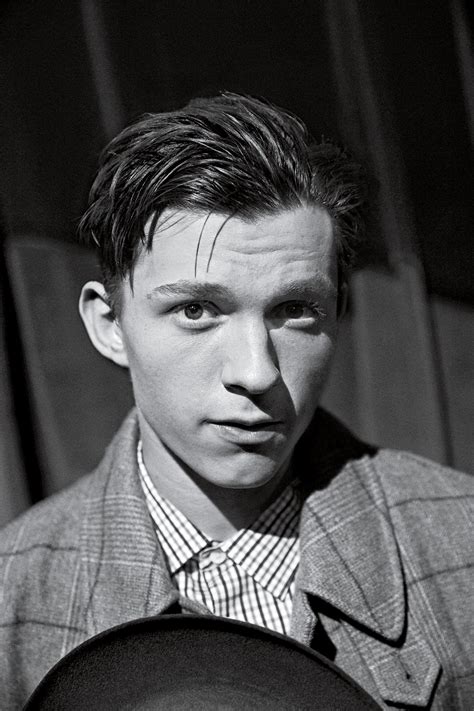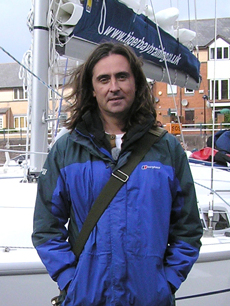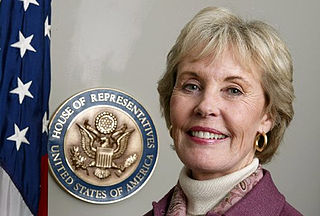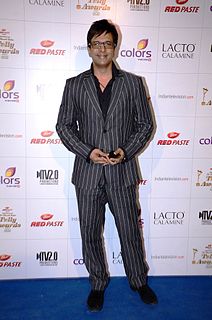A Quote by Katherine Dunn
Writing nonfiction of various kinds has been instructive and entertaining as well as paying the rent.
Quote Topics
Related Quotes
I've not been in a live-in relationship. But I've been exposed to various kinds of equations that can exist between people. When I came from Bangalore, it was black and white. Over the years, I've realised that there's more to what we see on a day-to-day basis. There are all kinds of relationships, all kinds of equations.
When you're researching things that have happened, the clear narrative arc is not there already. This is the problem of writing nonfiction for me - writing nonfiction which is about serious subjects and has serious political and social points to make, yet which is meant to be popular to a degree - what happens when the facts don't fit a convenient narrative arc? I guess that for a lot of nonfiction writers that is a central challenge.
Most people think of the economy as producing goods and services and paying labor to buy what it produces. But a growing part of the economy in every country has been the Finance, Insurance and Real Estate (FIRE) sector, which comprises the rent and interest paid to the economy's balance sheet of assets by debtors and rent payers.
As I started to read nonfiction in the mid '70s, I discovered, holy cow, there was a lot of imaginative nonfiction. Not the kind where people use composite characters and invented quotes. I hate that kind of nonfiction. But imaginative in the sense that good writing and unexpected structure and vivid reporting could be combined with presenting facts.
After I graduated from the University of Glasgow, I was a self-employed archaeologist going from dig to dig around Scotland, and it was not well-paid. I was an excavator, not a lecturer as well, so paying rent on a flat was tricky. In the end I decided to retrain as a journalist as I couldn't see a future in it.







































